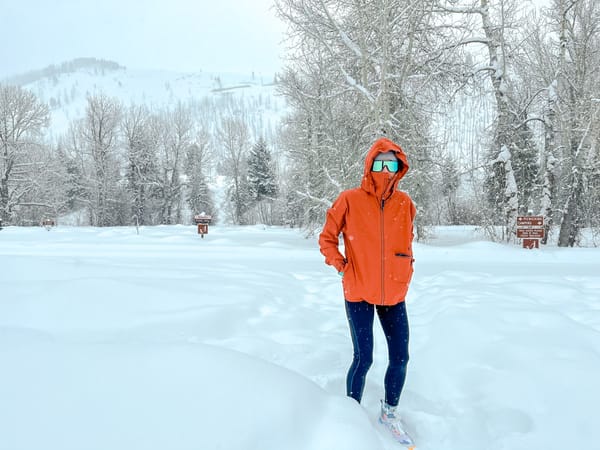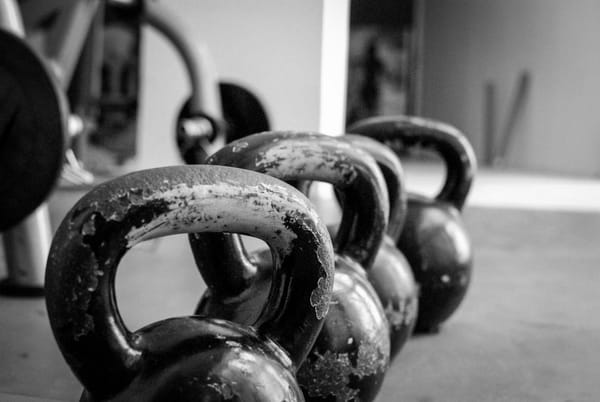Wants Versus Needs
Let me begin by acknowledging a failure. This cup of coffee I am currently sipping falls in my need category. I want to kick the habit so I no longer need it; maybe I need to reduce my intake so I no longer want it. While my 12-ounce Americano may be trivial, the distinction between want and need is significant. Which of the two I use as the basis for measuring my contentment and happiness is critical to how much contentment and happiness I experience.
I’ve fallen into the trap many of us have fallen into though; confusing my wants for my needs. I know you’ve done the same because I’ve had this conversation with many. Sipping coffee we talk about travel, running, relationships, weather, work, housing, children, health; all the things we want more of, or better experiences with, believing they’ll improve our happiness and wellbeing. Thinking more is the path to better, and better is enroute to happy.
Mostly we discuss things we want with a tone of necessity, but upon reflection what we really need is fairly basic. The challenge, for myself, is recalibrating my personal contentment and happiness scale to be reflective of what I need rather than what I want. This can be difficult in our culture which thrives on wants that are fueled by a fairly consistent flow of lack messaging. Creating and reinforcing our lack mentality seems the primary intent of advertising and marketing; buy this product and you will experience something which you currently do not experience. It can come in many forms, and we tend to find exactly that which reflects our perceived lack because we’ve been conditioned to see ourselves through outward facing eyes. We migrate to the “wanderlust” or “yoga” Instagram accounts with the picture perfect curated locations and physiques. I assume our hope is these accounts we follow will inspire us to change, to act; their hope is they will inspire us to change or buy their t-shirt, diet program, product, or lifestyle. There are exceptions of course, I’ve found them. You can find authenticity amidst the chaos, but beware of those pushing false realities while trying to sell you their dreams.
If we close our eyes briefly each day in a conscious attempt to silence the lack mentality, we can turn our gaze inward and rediscover true necessity. We can take that wisdom from within and apply it as the filter we desperately need to survive in today’s world with our heads and hearts intact. Distinguishing between need and want can become clearer as the cloud of lack dissipates. However, it’s going to take practice and patience.
Putting Things in Perspective
The answers are the wisdom we reveal to ourselves, but perspective may help with the inner reflection. According to the average wage by country, United States ranks 4th in the world with a gross of $57,139 compared to our neighbors in Mexico with an income of $16,640.
via Ad Age MagazineBy the "Roaring '20s," the consumer economy that started around the turn of the century was flourishing, and a mass market was in the making. By 1925, nearly 40% of the U.S. workforce earned $2,000 or more a year, and the six-day workweek was reduced to five. People had free time and could take vacations. There was money to spend and advertisements, appearing in newspapers and magazines, described what to buy, why and where.
Two-thousand dollars a year in 1925 converts to a salary of $27,343 in today’s market. And yet our average income is twice that.
via YES! MagazineAccording to the National Association of Home Builders, the average size of a new single-family American residence in 1950 was 983 square feet. In 2008, it was nearly 2500 square feet. As home sizes ballooned over that time, family size shrank. The U.S. Census Bureau reports that in 1950, an average American family consisted of 3.8 people; today’s average family contains 2.6 people.
My List
An exercise in grounding myself:
- I need money, therefore I need a job.
- I need food.
- I need shelter.
- I need to eat healthier. I also want to eat healthier.
- I need to write. Or, is this just a want? It isn’t critical to my existence but perhaps to my wellbeing.
- I need companionship; love.
- I need to move in nature. Existense or wellbeing?
- I need a hat when outside. I want hair.
- I want to travel. I don’t need to travel.
- I want to do work with purpose, I don’t need to do work with purpose; perhaps that’s a luxury.
- I want an affordable place to live.
- I want easier access to the mountains and the sea.
This is a small list and clearly I’m still trying to balance outward influencers with my inner voice. I’m not advocating we shed our wants completely; they can contain the power that influences our actions. Our desires and passions are more often born from these wants. We want to serve others, we don’t need to. We want to do work with purpose, we don’t need to. Keep the wants that sway your actions toward good—betterment, but let’s be more aware when the laundry list of trivial wants adversely affects our mood and our joy.
Joy may be more easily found in a simple life.




